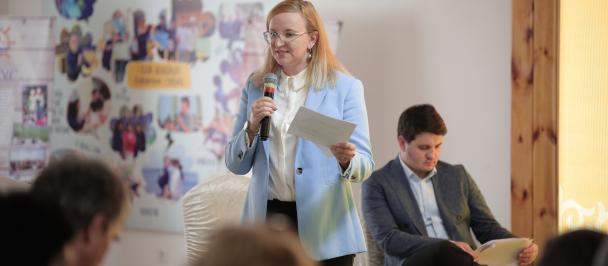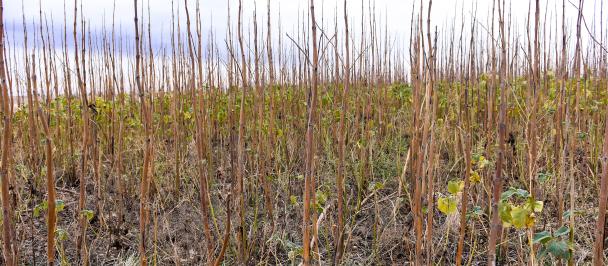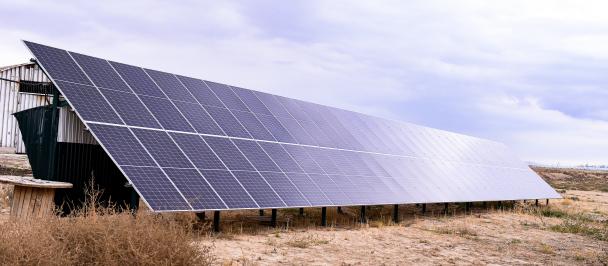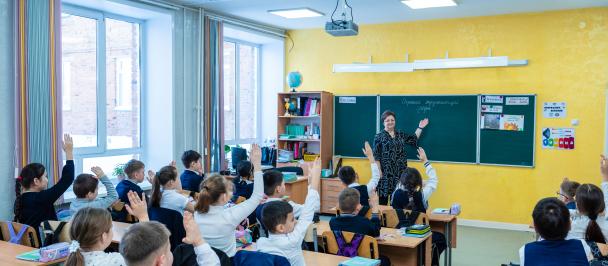Green investments in agriculture – boon for the environment
October 13, 2022
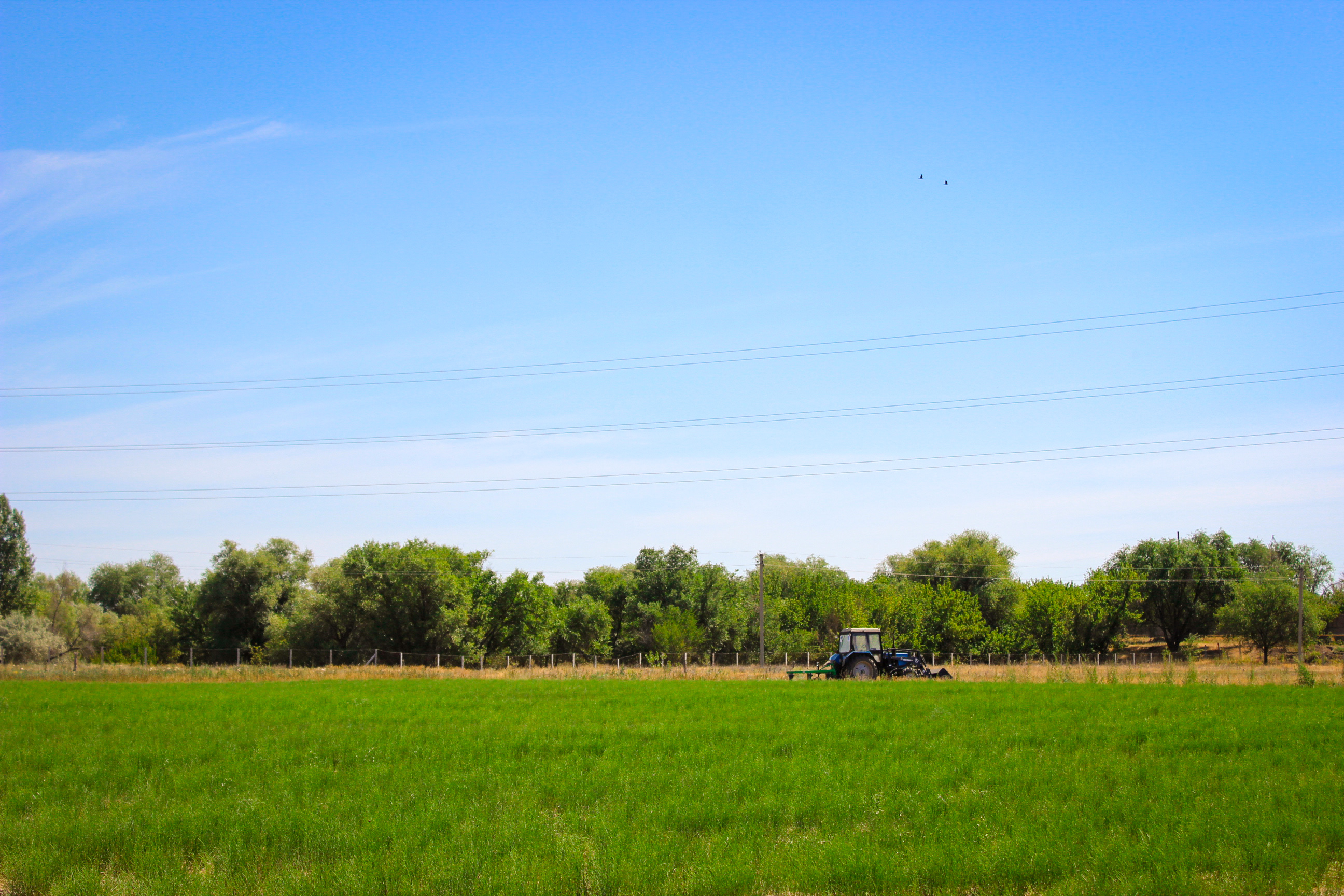
UNDP, jointly with the Ministry of Energy of Kazakhstan and with funding from the Global Environmental Facility (GEF), has researched opportunities on renewable energy (RES) technologies use for agriculture in Kazakhstan. The results – renewable thermal energy from agricultural waste was found to have a high potential .
Today, Kazakhstan is one of the largest producers of agricultural products and, consequently, of large amounts of agro-industrial waste. Most of this waste comes from crop straw which is used for soil fertilization and animal feed. A significant portion remains unused. However, as biomass, agro-industrial wastes are suitable for generating thermal energy. Movement forward has already occurred – in the past five years, boiler houses for biomass have become operational in Kazakhstan.
Akmola and Kostanay regions – prime spawners of straw waste

The largest amount of grain and oilseed straw waste is generated in the country's main grain-growing regions: Akmola and Kostanay regions. Here the area under cultivation is more than 4.5 mln hectares, and the residues amount to more than 880 and 740,000 tons, respectively. In the North Kazakhstan region, about 3.8 mln hectares are sown, while residues amounting to 800,000 tons.
The total available amount of agricultural waste in the three main grain-growing regions of the country is 2.5 mln tons of straw, which is equivalent to 2 mln tons of coal.
In contrast, the total amount of coal consumed by the population in 2020 was 8.9 mln tons.
"The use of RES in the agro-industrial complex is beneficial because a significant portion of the energy consumed can be covered by green technologies. In addition, RES can help diversify farm income – providing the opportunity to generate additional revenue by reducing the cost of agricultural production and selling the surplus heat and electricity produced. In addition, different types of biofuels can also be offered for sale,"said Abay Kulanbay, Director of the Department of RES, Ministry of Energy of Kazakhstan.
Funding shortfall thwarts energy efficiency measures
Among the obstacles hindering the use of renewable energy in the agricultural sector, experts cite a lack of understanding of the operating principles of new technologies based on RES, difficult access to financing and their high cost, and unfinished mechanisms for legal regulation. However, one of the main obstacles to energy savings in Kazakhstan is the lack of funds for energy efficiency measures. There is not enough money both from consumers to implement energy saving measures and from the government to finance different types of programmes.
To support entrepreneurs, UNDP and GEF, in collaboration with the Ministry of Energy and the Ministry of Industry and Infrastructure Development of Kazakhstan, have developed mechanisms for financing energy efficiency and renewable energy projects, which have already been piloted with the DAMU Entrepreneurship Development Fund JSC.
Thus, entrepreneurs can receive subsidies of 25 percent and 40 percent on the main debt. At the same time, the subsidized amount may not exceed ₸450 million. In case of insufficient collateral, entrepreneurs can use a programme that guarantees up to 85 percent of the loan amount for three years. Importantly, the loan amount may not exceed ₸350 million per project.
Financial support programmes are available for peasant farms, individual entrepreneurs and legal entities (except for state-owned enterprises and non-profit organizations).
The report can be downloaded here.
Under the 2021-2025 Country Programme, UNDP is working to address climate change, improve energy efficiency and promote clean energy. Efforts focus on scaling up financing mechanisms for clean technologies, energy conservation and developing low-carbon businesses through green and socially equitable financing, Green bonds, renewable energy auctions, carbon trading and other innovative mechanisms facilitate the development of low-carbon businesses.

 Locations
Locations